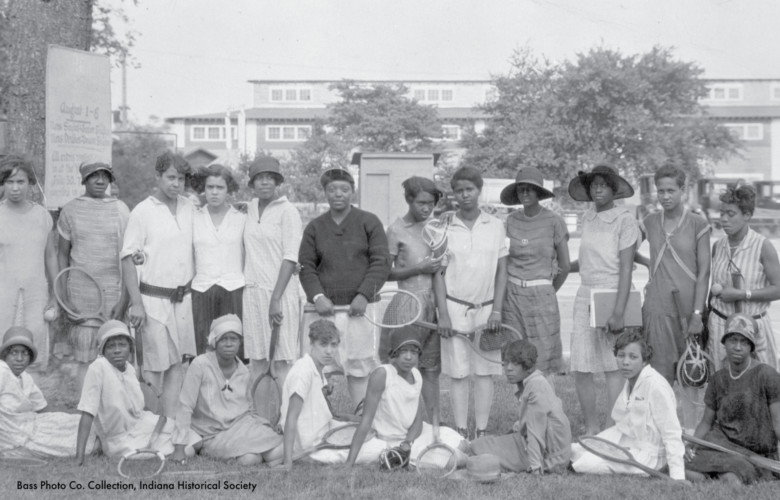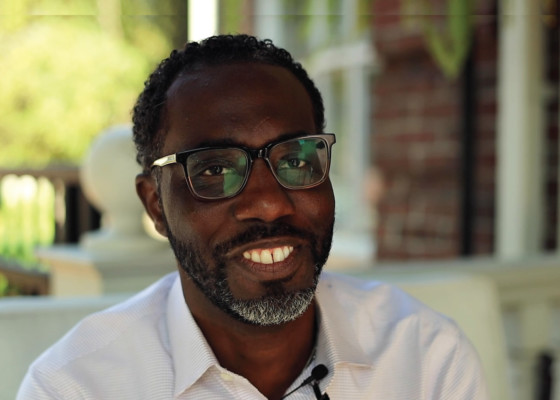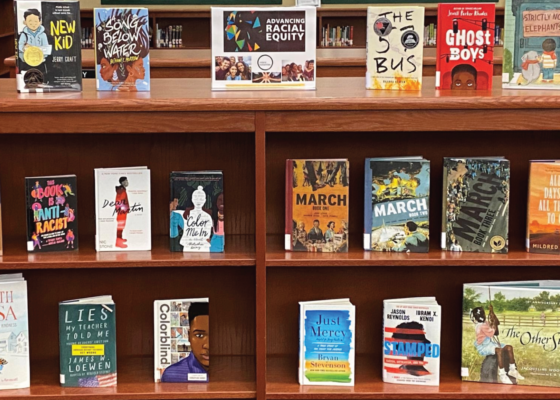Catching up with Wilma Gibbs Moore fellow, Joseph L. Tucker Edmonds
February 2, 2023In 1923, the Phyllis Wheatley YWCA was officially chartered in the city of Indianapolis. Six years later this groundbreaking organization for Black women had raised enough funds to construct and…
In 1923, the Phyllis Wheatley YWCA was officially chartered in the city of Indianapolis. Six years later this groundbreaking organization for Black women had raised enough funds to construct and open a building with classroom spaces, residential dormitories and fitness equipment, including an indoor swimming pool. It was an astounding and almost unheard-of achievement for a Black community at the beginning of the twentieth century, but more importantly, this building at the corner of West and Walnut Streets housed the stories of Black girls and women and their navigation of race, culture and space in Indianapolis. Wilma Gibbs Moore was one of the earliest Indiana historians to write about the Phyllis Wheatley YWCA and its impact on central Indiana.
When my colleagues, Nancy Robertson and Kim Williams-Pulfer, and I applied for a Wilma Gibbs Moore Fellowship given by Indiana Humanities, we had never worked together as a research team, and we had no idea of the diverse community and resources that we would encounter during this research endeavor. We thought that the funds from Indiana Humanities would support a graduate research assistant and help us complete an application to secure a marker to honor the Phyllis Wheatley YWCA’s 100th anniversary. What we didn’t expect is that this initial seed grant would form the basis of a research project that would provide community amid a pandemic; connect us to other scholars and activists who were doing creative and critically engaged work in the Indianapolis community; and powerfully transform the way that we thought about our approach to community engagement, historical methods, and the creation of accessible and democratic narratives.
Like Wilma Gibbs Moore, we now more fully appreciate that the goal of history and archival investigations is not simply to tell a story about a particular community, but it is the recovery and building of relationships to tell a story in conversation with and alongside the community. We also recognized that while this seemed to be the history of a singular, relative unknown institution in Indianapolis, this was also a story entangled with the memories of many other Black women, organizations and networks.
Wilma’s spirit challenged us to tell a beautifully nuanced and complicated narrative. To do so, we applied for and received additional funding from Indiana University to create a documentary and to share this story throughout Indiana and the region. Over the last 6 months, as the current Indiana Humanities Scholar-In-Residence, I have had the opportunity to film, edit and dream about this documentary. We can’t wait to share it with the community later this spring!




